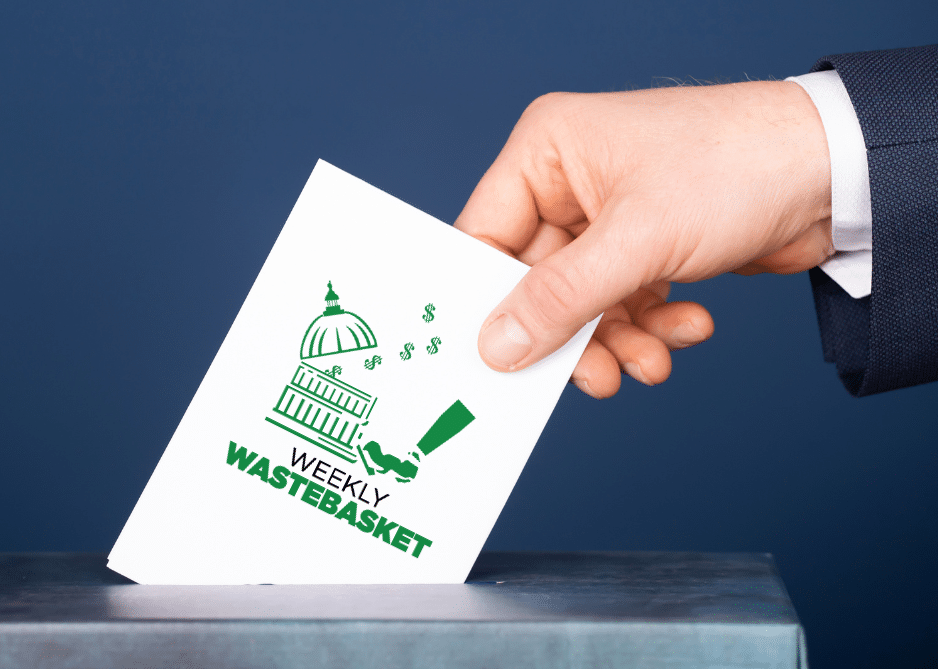The last legislative trains are pulling out of Capitol Hill station and there are a bunch of hobo provisions trying to catch a ride. Whether you are for or against the proposed final spending bills for fiscal year 2011 or the grand tax compromise the President and Congressional Republicans hammered out, one has to admit larding them up with parochial provisions is the wrong way to go.
There are scores of these provisions littered in these bills.
Snatching defeat from the jaws of taxpayer victory, lawmakers look poised to waste another $6 billion continuing the 45-cent per gallon ethanol tax credit. We already mandate the use of ethanol, so the production credit is just lining industry’s pockets. And to end this decades-old subsidy all Congress would have to do is nothing. Instead, it appears taxpayers will be stuck with it for another year.
Some of these subsidies have been around the track before – literally. There is a motorsports (read: NASCAR) provision that will enable track owners to depreciate their investments over seven years instead of the 15 years the IRS mandates. Oh, and we’ll probably extend – unreformed – the rebate of rum excise taxes back to Puerto Rico and the U.S. Virgin Islands. The USVI has used that revenue intended for economic development to entice Britain-based Diageo – the world’s largest liquor conglomerate – to shift production from Puerto Rico to the USVI by using the rebate revenue to build Diageo a new distillery. We could go on: special expensing rules for film and television productions, deductions of state and local sales taxes, credit for US-based manufacturers of energy-efficient clothes washers, dishwashers and refrigerators. Phew.
Meanwhile, the continuing resolution (CR) the House passed on Wednesday – which funds the federal government in 2011 at more or less the same level as 2010—includes more than 400 pages worth of changes, including a $10 billion increase in loan guarantees for nuclear and coal projects. Lawmakers love loan guarantees because they look cheap up front, but these loan guarantees are particularly likely to cost taxpayers a bundle. Loans for nuclear reactors have been found to have a 50 percent risk of default; and when a loan defaults, DOE goes straight to the treasury to make sure private investors don’t lose their investments. And DOE’s only past experience administering a loan guarantee program back in the early 1980s – the Synfuels Corporation – lost taxpayers billions. And even if the CR becomes moot, the nuclear and coal industries have covered their bases, since the omnibus spending bill Senate Appropriations Chairman Inouye (D-HI) is preparing includes the loan guarantees among the earmarks and special interest projects packed among its thousand pages.
At this point it is unlikely that the 111th Congress can produce good legislation – a lame duck Congress is always messy and with major spending and tax legislation being considered, this one is messier than most. Congress should either pass clean bills without all the freeloaders, or do a short term CR to get to February, go home and leave the 112th Congress to clean up the mess.
TCS Quote of the Week:
“Neither party can fix this problem on its own, and both parties have a responsibility to do their part. Americans are counting on us to put politics aside, pull together not pull apart, and agree on a plan to live within our means and make America strong for the long haul.”
– Deficit Commission Co-Chairs Alan Simpson and Erskine Bowles, who released a statement urging President Obama to launch negotiations with Congress early next year on a serious fiscal responsibility plan. Reuters










